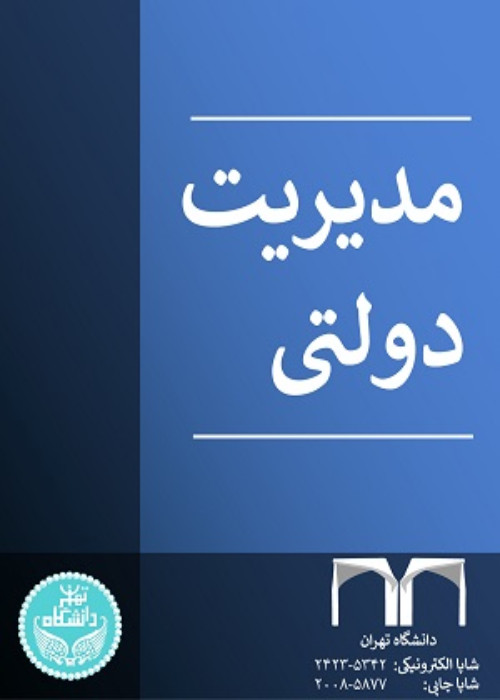Investigate the Lived Experiences of Mentors from the Phenomenon of Effective Feedback in Mentoring Relationships in Iran Khodro Diesel Company
The primary focus of this research is to delve into the rich tapestry of mentors’ experiences at Iran Khordo Diesel Company to uncover common themes that illuminate the nature of effective feedback in mentoring relationships. This exploration aims to provide a deeper understanding of the dynamics and nuances inherent in the feedback process within a corporate setting, thereby contributing to the broader discourse on mentorship effectiveness.
Grounded in Van Menen's hermeneutic phenomenological approach, this study employs semi-structured interviews as its primary research tool. The participants comprise a group of 15 mentors, identified for their expertise and proficiency in providing effective feedback within the mentoring relationships at Iran-Khodro Company. These mentors were chosen through a purposeful sampling method that is criterion-oriented, ensuring that each participant's experiences significantly contribute to the comprehensive understanding of effective feedback in mentorship.
The study involved conducting in-depth interviews with mentors acknowledged for their effective feedback capabilities in mentoring relationships. A thorough analysis of the interview texts revealed a rich array of concepts, main themes, and sub-themes that align with the research's fundamental questions: "what" constitutes effective feedback and "how" it is experienced by mentors in mentoring relationships. The findings are categorized into 8 general clusters: core categories, facilitators, requirements, moderators, context, limitations, strategies, and consequences. Each cluster encapsulates specific main themes—18 in total—including Core Category: Knowledge sharing; Facilitators: Mentor competencies, mentee competencies, and interpersonal sensitivities; Requirements: Mentor's individual and technical competencies; Moderators: Mentee characteristics and feedback content; Context: Organizational support and culture; Limitations: Mentee characteristics, mentor characteristics, and methods of feedback provision; Strategies: Technical feedback method, developmental feedback method, and social feedback method; and Consequences: Individual and organizational impacts. Additionally, 84 sub-themes were identified, providing a granular understanding of the mentors' lived experiences regarding effective feedback.
Given the pivotal role of mentoring programs in cultivating human capital, the insights gleaned from mentors’ experiences in providing effective feedback are invaluable for organizational leaders and practitioners. These findings offer practical guidelines for enhancing performance and achieving desired outcomes in the context of mentorship. The results serve as a robust framework for evaluating feedback effectiveness, facilitating task completion, and overall mentorship success. The research model developed in this study advocates for integrating effective feedback processes into the cultural fabric of organizational mentoring programs at a macro level. This integration not only simplifies operationalization at the organizational level but also contributes to theoretical advancements at an international scale. The added value of this study lies in its capacity to raise awareness and streamline the effective feedback process in mentoring relationships within organizational contexts, guided by the detailed modeling of the concepts and themes presented. Furthermore, the establishment of a specialized working group to monitor the efficiency and effectiveness of feedback in mentoring relationships is paramount. Considering the research topic's significance, further investigations in specific geographical regions are suggested to provide comprehensive policy guidelines for educators and mentors. These additional studies aim for a deeper exploration and richer empirical findings, thereby enriching the global understanding of effective mentorship practices.
- حق عضویت دریافتی صرف حمایت از نشریات عضو و نگهداری، تکمیل و توسعه مگیران میشود.
- پرداخت حق اشتراک و دانلود مقالات اجازه بازنشر آن در سایر رسانههای چاپی و دیجیتال را به کاربر نمیدهد.




